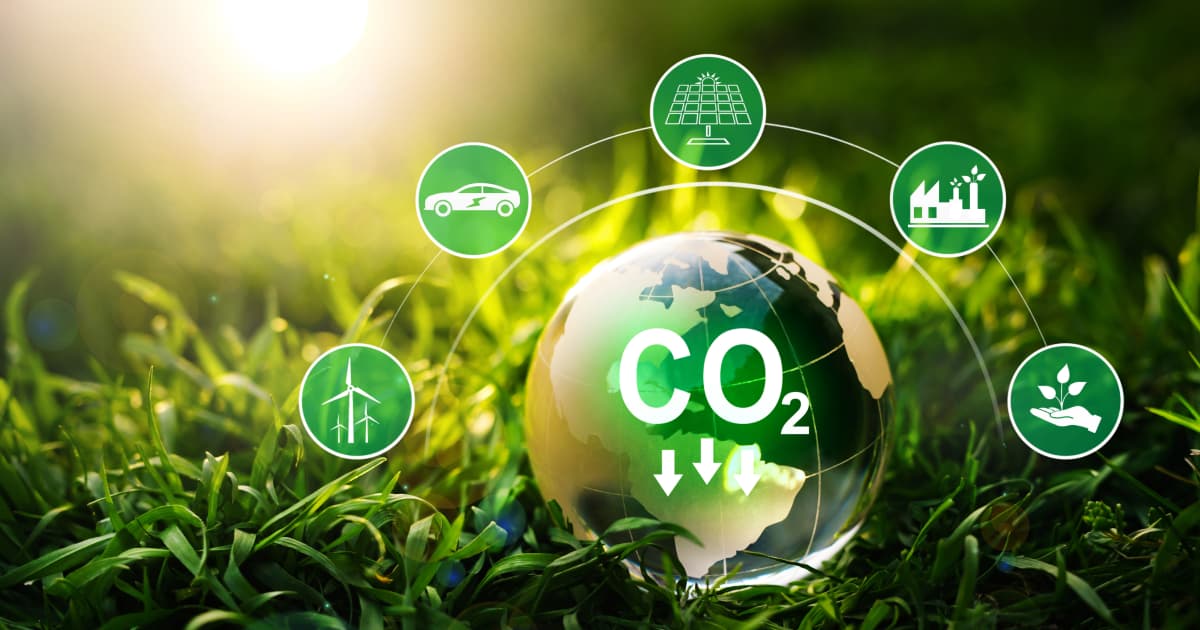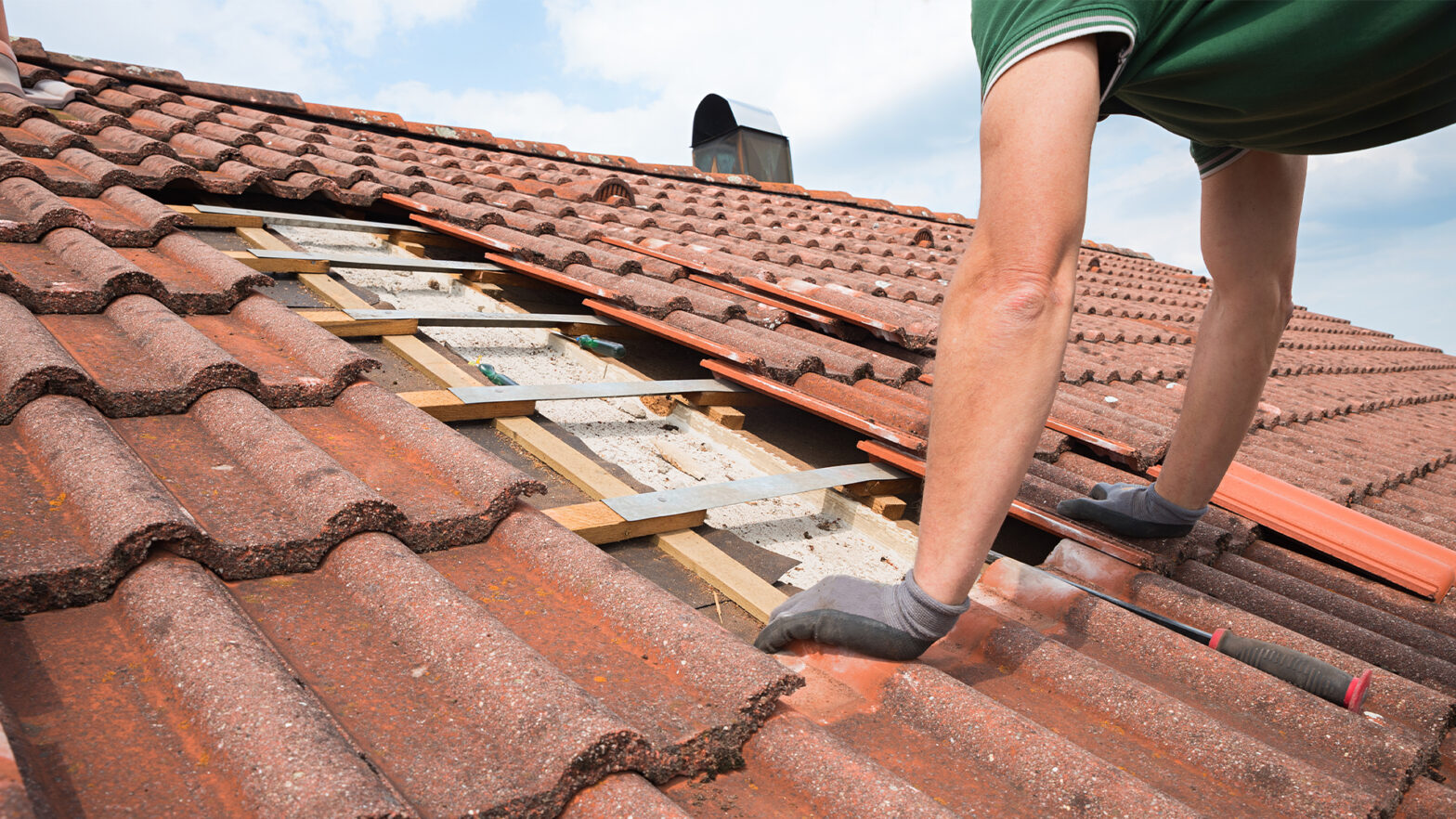The real estate industry is a major contributor to global carbon emissions, accounting for nearly 40% of total emissions worldwide. With the increasing urgency of climate change, there is a need to dramatically reduce emissions from real estate transactions.
Traditionally, mortgaged home purchases have had a large carbon footprint due to resource intensive paperwork, inspections, and appraisals. However, the growth of cash buying represents a lower carbon alternative that could significantly cut emissions.
By reducing paperwork, minimizing transportation, and enabling faster turnover, cash purchases lower the environmental impact of real estate deals.
This article will explore the carbon emissions from traditional real estate transactions, quantify the benefits of cash buying, and discuss approaches for overcoming limitations to wider adoption. With smart implementation, cash purchasing can play a pivotal role in transitioning real estate into a more sustainable, low carbon future.
The Shocking Carbon Footprint of Buying a Home
Have you ever thought about how just buying or selling a home contributes to climate change? It may surprise you to learn that those long days of open houses, paperwork, and overnight shipping really add up in terms of carbon emissions. Let’s break it down:
From Materials to Renovations
First, there’s all the construction materials like concrete, steel, and lumber that go into building a residential property in the first place. Producing those materials emits tons of CO2 even before you buy the home! Then most houses get renovated multiple times, with each kitchen remodel and bathroom addition generating more emissions from materials, demolition waste, and construction equipment.
The Mortgage Paper Trail
Next, think of the reams of paper needed for mortgage applications, disclosures, appraisals, and more documents than you can shake a stick at. Each sheet comes from trees that absorbed CO2 as they grew. Plus all that paper has to be transported to offices somehow, burning fuel in the process.
Driving All Over Town
When you’re shopping for a home, you probably check out dozens of listings in person, driving all over the place for open houses and showings. Then once you’ve made an offer, there are inspections, appraisals, and meetings galore, racking up miles on your odometer. All those car trips release CO2 from burning gasoline, even if you’ve got a hybrid.
Overnight Packages
With such a tight timeline, overnight shipping gets used a ton during real estate deals. Important documents and contracts have to get signed pronto. But each expedited package has a larger carbon footprint than standard mail since carbon-intensive air transport is used. So when you add up materials, paper, transportation, and overnight shipping, buying or selling a home has a surprisingly huge climate impact! Now let’s look at how cash buying can shrink that carbon footprint.
How Cash Buying Shrinks Your Carbon Footprint
Now that you know the shockingly large climate impact of conventional home buying, let’s explore how cash purchases can slash that carbon footprint. Ditching mortgages for cold, hard cash offers some serious environmental upsides:
Kiss Paperwork Goodbye
Without all the paperwork for credit checks, disclosures, and underwriting, cash deals save a ton of paper. Digital documents can replace most everything, preserving trees and avoiding emissions from paper production and delivery. Plus, fewer ink cartridges end up in landfills!
Cut Transportation Emissions
Scott Bower, owner of HBSB Holdings, Phoenix, AZ says: “Cash buying lets you move fast, minimizing back and forth trips for showings and inspections.” No tedious loan approval process means you can skip some steps and make offers quickly, reducing those carbon-emitting drives around town. Video tours and virtual inspections help too!
Speed Up Turnover
Pre-approval and direct funds access mean cash buyers can close in days, not months like mortgaged deals. This faster turnover leads to more energy efficiency. New owners move in quickly so the home doesn’t sit vacant with systems running. Prompt sales also let sellers buy their next home faster, reducing double utility usage. This speed and efficiency are why many real estate investors have built successful cash buyer businesses.
Embrace Digital Transactions
Online listing sites, digital signatures, and secure money transfers make the cash buying process nearly paper-free. You can browse homes, make offers, negotiate terms, sign contracts, and pay deposits all electronically. Less paper means fewer trees felled and transport emissions produced.
Conserve Through Certainty
Cash deals provide certainty, so there’s less waiting around for approvals. This speeds up decision making and conserves energy. Once an offer is accepted, there’s no appraisal or underwriting limbo. That surety motivates sellers too, so deals close promptly. Ditching mortgages for cash purchases cuts emissions at every step, from paperwork to closings. And fewer miles driven means less gas burned. So next time you buy or sell, consider eco-friendly cash – your planet will thank you!
Seeing Green in the Real World
Cash buying isn’t just hypothetical – real estate companies large and small are using it to cut carbon emissions today. Let’s look at some real world examples:
Big Players Go Green
Even global real estate giants are getting behind cash purchasing for sustainability. Take eco-conscious WeWork. They partnered with London agency Get Living to acquire apartments in the UK using all-cash transactions. By ditching mortgages, they finalized sales far faster while reducing paperwork waste.
Small Firms, Big Impact
Boutique agencies are joining the charge too. Earth-friendly brokerage Green Realty scours listings for energy efficient homes to buy with cash. They close deals quickly, then update properties with solar panels and low-flow plumbing before reselling. Their all-cash approach minimizes the carbon footprint at each stage.
Creating Lasting Change Together
At the end of the day, we all have a role to play in driving adoption of low-carbon real estate alternatives. Government incentives and financing innovation can catalyze change, but informed consumers, tenants, and investors have pivotal influence too. By prioritizing green options like cash purchasing whenever feasible, we collectively transition real estate into a more sustainable industry. With smart advocacy and participation, our individual choices can add up to make lasting positive impact.


































